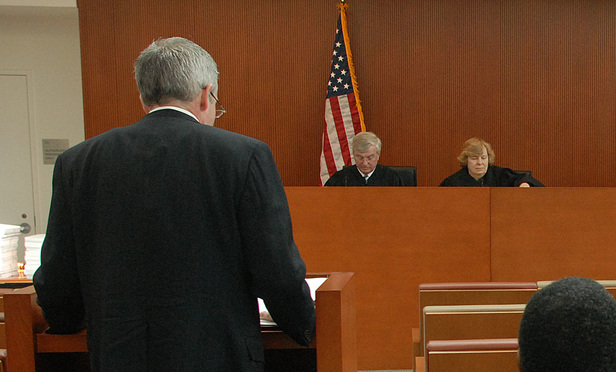Opening statements are often given short shrift, perhaps because N.J. R. 1:7-1 and our case law direct that opening statements are limited to a succinct statement of the legal theory to be advocated and facts proved. Because opening statements are the lens through which the jury will see the remainder of the case, opening statements should not be perfunctory. Rather, in light of the rule of primacy and recency, openings are a crucial opportunity for you to welcome the jury to your case. This article shares my thoughts on opening statements, in the hope that you will learn from some of the painful lessons I’ve learned.
Start at the End: Open With Your Closing
If you are trying to shape your order of proofs and provide structure to your opening, begin by practicing your closing argument. To be more precise, start practicing your closing argument well before completion of discovery. In closing counsel lays out for the jury what they’ve proven, what their adversary has failed to establish, lays bare their legal theory, and critically argues the inferences to be drawn from the proofs adduced at trial. If you practice your closing argument months ahead of the closure of discovery, you will learn two critical things. First, what you have to prove and, therefore, what you need to establish in discovery. Second, you will begin to shape your legal theme.
Have a Theme for Your Opening (and for Trial)
This content has been archived. It is available through our partners, LexisNexis® and Bloomberg Law.
To view this content, please continue to their sites.
Not a Lexis Subscriber?
Subscribe Now
Not a Bloomberg Law Subscriber?
Subscribe Now
LexisNexis® and Bloomberg Law are third party online distributors of the broad collection of current and archived versions of ALM's legal news publications. LexisNexis® and Bloomberg Law customers are able to access and use ALM's content, including content from the National Law Journal, The American Lawyer, Legaltech News, The New York Law Journal, and Corporate Counsel, as well as other sources of legal information.
For questions call 1-877-256-2472 or contact us at [email protected]



